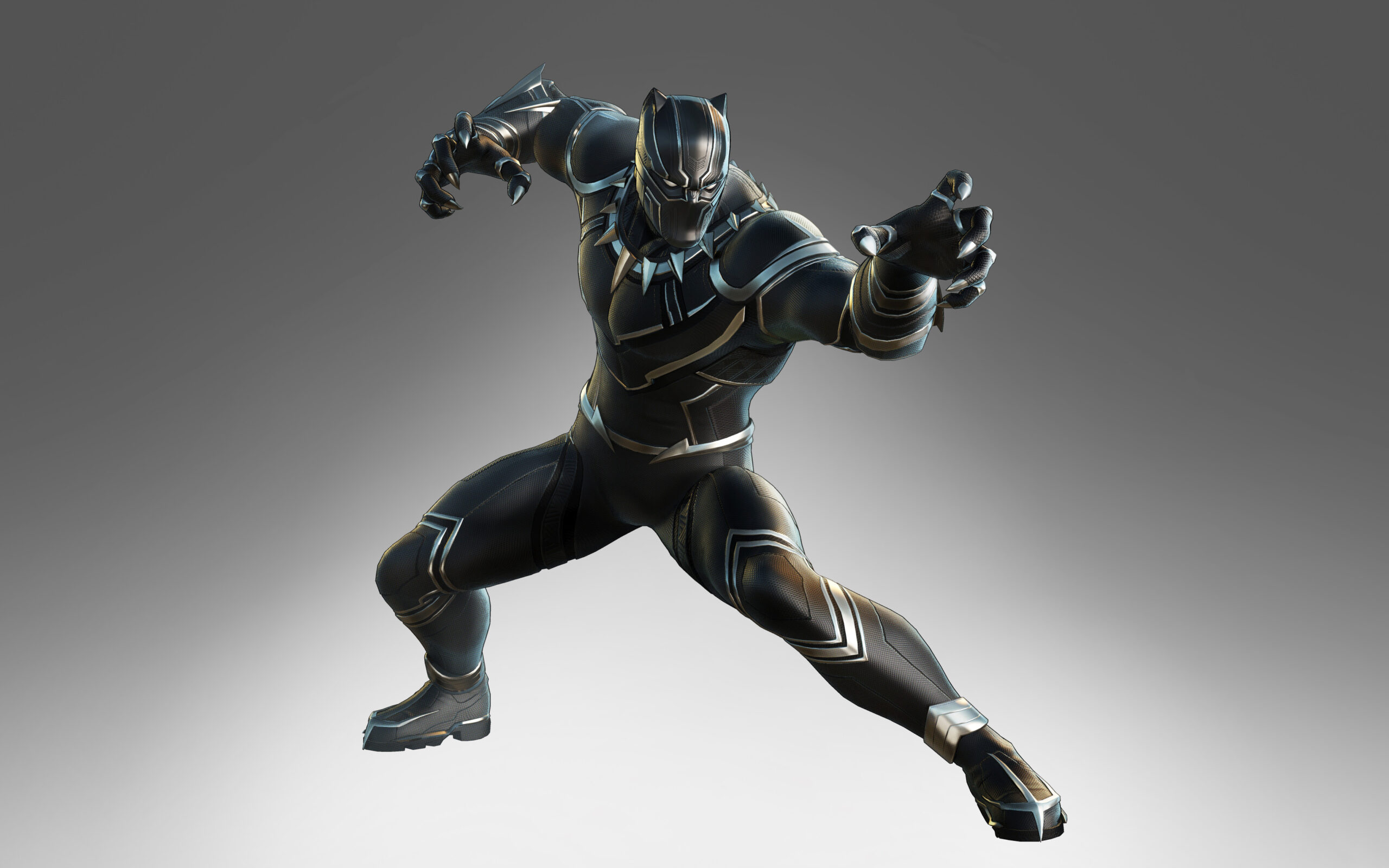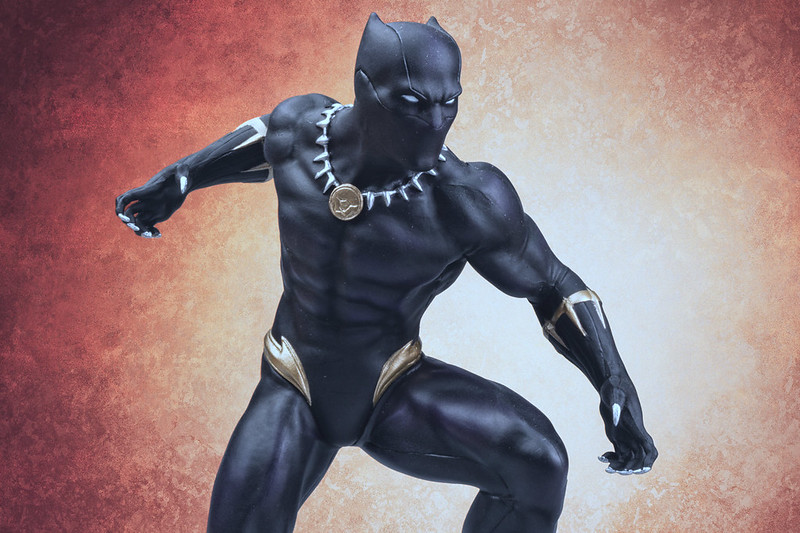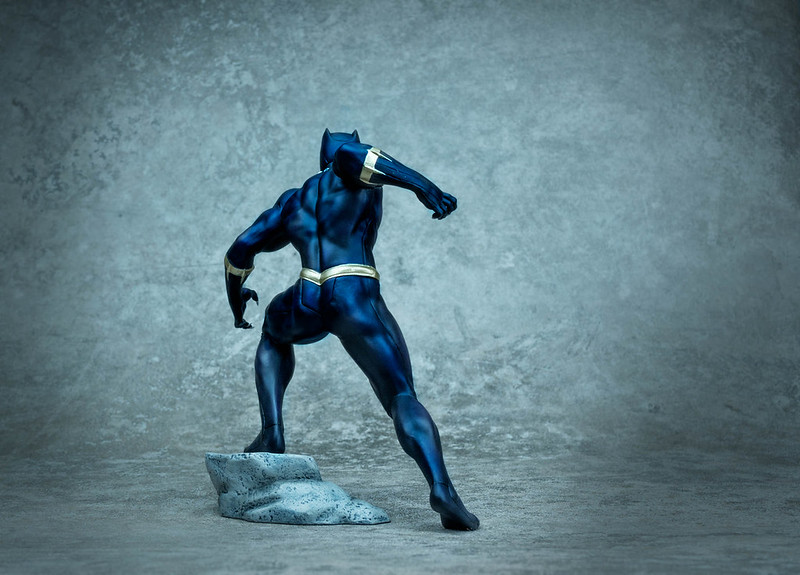Marvel Fans Erupt After New Black Panther Is Revealed as White

An event occurred on Wednesday that sent shockwaves through the comic book communities worldwide. Marvel Comics released an issue that would make headlines, spark debates, and divide fans like few stories ever have. Social media erupted. Entertainment outlets scrambled to cover breaking news. Longtime readers questioned everything they thought they knew about one of Marvel’s most beloved characters.
What could cause such an uproar? What creative decision would make fans feel so betrayed, so confused, so angry that comment sections everywhere exploded with heated discussions?
Marvel Knights: “World To Come #1” hit shelves, and within hours, nothing felt the same anymore. Writers Christopher Priest and Joe Quesada had crafted something that would challenge every assumption about legacy, heritage, and representation in modern comics. But nobody was prepared for what they were about to see.
Meet Ketema: T’Challa’s Son Who Breaks All Expectations
In a story set in Marvel’s near future, readers witness T’Challa’s final days as an aging king. His death opens the narrative, but flashbacks reveal how everything unraveled. Storm, his former wife and queen, has died. Legacy weighs heavily on his mind. He seeks to preserve his bloodline through Monica Lynne, an early love interest from the comics’ history.
Monica Lynne first appeared in 1969 as an American songstress and activist. She and T’Challa shared a deep connection that nearly led to marriage in the 1990s, though those wedding plans ultimately fell through. Now, in this future timeline, they have reconnected and produced a son together.
Ketema, whose name means “fortified encampment,” grows up knowing his royal heritage. He trains in Wakandan traditions, learns combat techniques, and understands what it means to carry the legacy of the Black Panther. But something drives him to challenge his father’s authority. Something makes him believe he deserves the throne more than the aging king.
Dressed head-to-toe in the traditional Black Panther suit, Ketema faces his father in ritual combat. Age battles youth. Experience clashes with ambition. Sons have challenged fathers for power throughout history, and comic books often capitalize on these generational conflicts.
Blond Hair, Blue Eyes: How Genetics Became the Story
What if Ryan Gosling is coming into Marvel to play the Black Panther after all?
— meme bastard 🍕 (@mask_bastard) June 4, 2025
In a new comic, the all new Black Panther is white dude. pic.twitter.com/SWBiO1hSl2
After defeating T’Challa in combat, sparing his life but claiming victory, Ketema removes his mask. What readers see next changed everything. Blond hair frames his face. Blue eyes stare back at them. Despite having T’Challa as his father and Monica Lynne as his presumed mother, Ketema appears completely white.
Marvel fans are in uproar after the debut of a controversial new storyline that nobody anticipated. Fans immediately began speculating about explanations. Could recessive genes account for such dramatic differences in appearance? Did someone swap babies at birth? Is Monica Lynne his mother?
Alternative theories suggest Nicole Adams, another character from T’Challa’s romantic past, who is also featured on future issue covers. Nicole supposedly died in 2000, but comic book deaths rarely stay permanent. Could she be Ketema’s birth mother? Would that explain his appearance?
Regardless of biological explanations, one fact remains undeniable: Wakanda’s future king presents as completely white. Everything that Black Panther represents – African pride, cultural strength, resistance against oppression – now rests in the hands of someone who looks nothing like what fans expected.
Social Media Meltdown: Fans Voice Their Fury
Within hours of the comic’s release, social media platforms overflowed with reactions ranging from confusion to outrage. Fan responses captured the shock that rippled through comic communities worldwide.
“They looked at this and thought it was a good idea?” one frustrated user posted, expressing disbelief that Marvel approved such a controversial storyline. Others went further in their criticism.
“Black Panther having a white son would be ridiculous” became a common sentiment among fans who felt the creative team had crossed a line. Some immediately began casting speculation, joking that Ryan Gosling might end up playing the character in future movies.
Comment sections became battlegrounds where fans debated representation, creative freedom, and respect for legacy characters. Some defended the creative team’s right to tell challenging stories. Others accused Marvel of undermining everything Black Panther represents to communities around the world.
Christopher Priest: Black Writer Behind the White Panther

Understanding fan anger requires knowing who created this controversial story. Christopher Priest stands as a legendary figure in comic book history. He became the first Black writer-editor in mainstream comics, spending decades crafting stories that addressed race, identity, and social justice.
Priest previously wrote acclaimed Black Panther runs that transformed T’Challa into the character audiences know today. His work directly influenced the movie version that Chadwick Boseman brought to life. Few writers understand the character’s cultural significance better than Priest himself.
Yet even Priest’s impressive credentials couldn’t shield him from criticism. Some fans argued that his identity as a Black writer made the controversial storyline even more puzzling. Others wondered if he deliberately crafted something designed to generate headlines and spark discussions about race in comics.
Priest has always pushed boundaries in his storytelling. His previous work on titles like Vampirella tackled complex racial themes while maintaining entertainment value. He is skilled at crafting stories that challenge readers’ assumptions and prompt thought-provoking conversations.
Cultural Impact: What Representation Means
Black Panther carries enormous cultural weight beyond simple entertainment. When the character debuted in movies, audiences worldwide celebrated seeing African culture, strength, and wisdom portrayed positively on screen. Chadwick Boseman’s portrayal became iconic, representing hope and pride for countless fans.
Now, those same fans worry about what Ketema’s appearance means for future storytelling. Does having a white-presenting heir undermine everything Black Panther represents? Can someone of European descent truly embody Wakandan values and African heritage?
Representation matters deeply in modern media. When marginalized communities finally see themselves reflected heroically in popular culture, any changes feel threatening. Fans invest emotionally in characters who represent their own identity, struggles, and dreams of a better future.
Ketema’s reveal forces uncomfortable questions about identity, genetics, and what makes someone worthy of carrying specific legacies. Can appearance determine authenticity? Do bloodlines matter more than character? How do we strike a balance between creative storytelling and cultural sensitivity?
When Comics Couldn’t Show Black Faces

Marvel’s controversy takes on a deeper meaning when viewed through historical context. When Black Panther originally debuted in Fantastic Four #52 back in 1966, distributors told Marvel they couldn’t show a visibly Black character on comic book covers. Newsstands refused to sell issues featuring Black heroes prominently displayed.
Jack Kirby solved this problem by covering T’Challa completely in a full-body costume with a face mask. Readers couldn’t see his race, so distributors allowed the character to exist. Ironically, the same mask that once hid T’Challa’s Blackness now conceals Ketema’s whiteness throughout most of the comic.
Progress in representation has come slowly over the decades. Comic book heroes gradually became more diverse as social attitudes evolved. The Black Panther eventually became a symbol of pride and strength for African and African American communities worldwide.
Beyond the Outrage: What Stories Matter
Regardless of how this storyline develops, the controversy reveals more profound truths about modern storytelling and audience expectations. Fans care deeply about representation and want their voices heard when beloved characters face dramatic changes.
Comic book creators walk a difficult line between creative freedom and cultural responsibility. They want to tell surprising stories that challenge assumptions, but they also need to respect the communities that embrace their characters. Finding balance requires careful consideration and genuine dialogue.
Ketema’s story may offer explanations that satisfy concerned fans. Future issues may address the cultural implications more thoughtfully. Comic book narratives often take unexpected turns that recontextualize earlier revelations, leading to new and insightful perspectives.
This controversy may spark exactly the conversations that need to happen about race, identity, and representation in modern media. Sometimes uncomfortable stories force society to examine its assumptions and grow from those discussions.
Whatever happens next, Marvel has certainly succeeded in creating a story that everyone will remember. Whether that success ultimately serves the characters, the fans, or the medium itself remains to be seen. But one thing feels certain: the conversation about what Black Panther represents has only just begun.
Loading...

